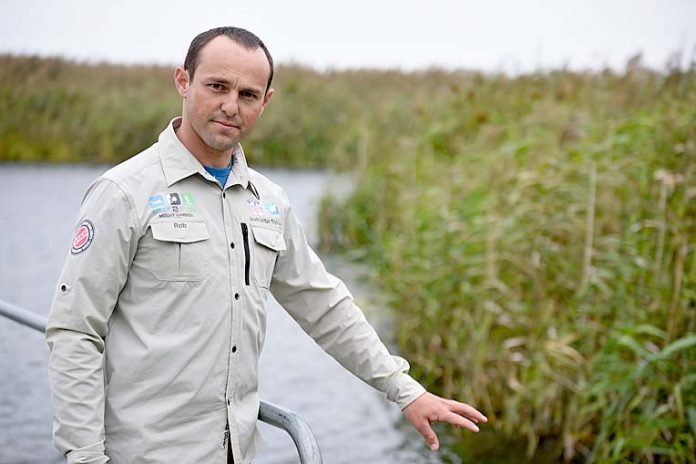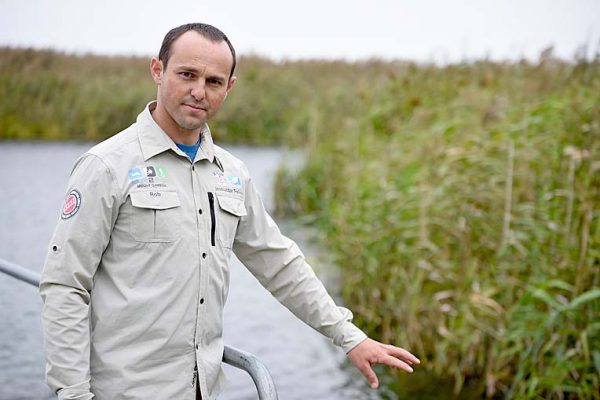

DIVERS and nature enthusiasts will soon need to apply for a permit to explore the popular Ewens Ponds waterway in a crackdown to preserve the natural wonder.
Natural Resources South East (NRSE) has announced a fee scheme will be introduced at the Eight Mile Creek diving hotspot, which is home to three limestone sinkholes of international significance.
Users will pay up to $15 for one hour in the water as part of the change, which could be swept in as early as July 1.
The permit system will limit the number of people in the water at any given time, with general swimming no longer permitted in the ponds, which close over spring to allow rejuvenation to occur.
According to NRSE, thousands of recreational divers and snorkelers visit the ponds each year, adding to vegetation damage as sediment is stirred up and underwater plants are disturbed.
NRSE district manager Ross Anderson said the permit was based off the success of a similar system at Piccaninnie Ponds.
“Piccaninnie Ponds has suited us well over the years and so we have decided to implement permits at Ewens Ponds as well,” Mr Anderson said.
Mr Anderson said visitors affected the vegetation by “not managing their buoyancy when diving” and “disturbing the environment with flippers while snorkelling”.
“The purpose of the permits is to assist in maintaining and improving Ewens Ponds for what it is,” Mr Anderson said.
“The fees will add to the State Government funding and will be used for maintenance and an increase to resources.”
The permits will be available as an online booking system with rangers onsite until further notice.
Fines will be given to those who use the facilities without an appropriate permit unless proven accidental.
“There are always some people who are against the permit payments,” Mr Anderson said.
“I do suggest that everyone within the community should take the chance to see Ewens Ponds as it is spectacular.”
Avid Mount Gambier diver Rob Main said he felt the permits were necessary.
“The good thing about the permits means the department will have the funds to police it better and make sure the site is being looked after and preserved,” Mr Main said.
“That will help with conservation and they will hopefully reinvest that into programs to be able to grow the site.”
Mr Main said some threats to Ewens Ponds included increased nitro levels from fertilisers, as well as water flow due to climate change and population growth.
“This can all cause algae blooms which are very dangerous for the site,” Mr Main said.
“As far as divers go every single person has some sort of wear and tear on the site.
“To be able to manage that and making sure the people coming here are well educated.”
While the impact of the permit scheme is yet to be felt by his Mount Gambier-based diving business, Mr Main said he was happy to “work with it” if it meant Ewens Ponds was conserved and cared for.
“We are not here for the short term, we are here for the long haul,” Mr Main said.
“We spent a couple of thousand dollars here earlier in the year to help re-vegetation so we are happy to do our bit to make sure the area is well looked after.”
Ewens Ponds is home to the endangered Glenelg Spiny Freshwater Crayfish and the vulnerable Ewens Pygmy Perch.
Exceptional water clarity also allows plants to grow underwater to depths of around six metres, with some varieties not found fully submerged anywhere else in the world.







